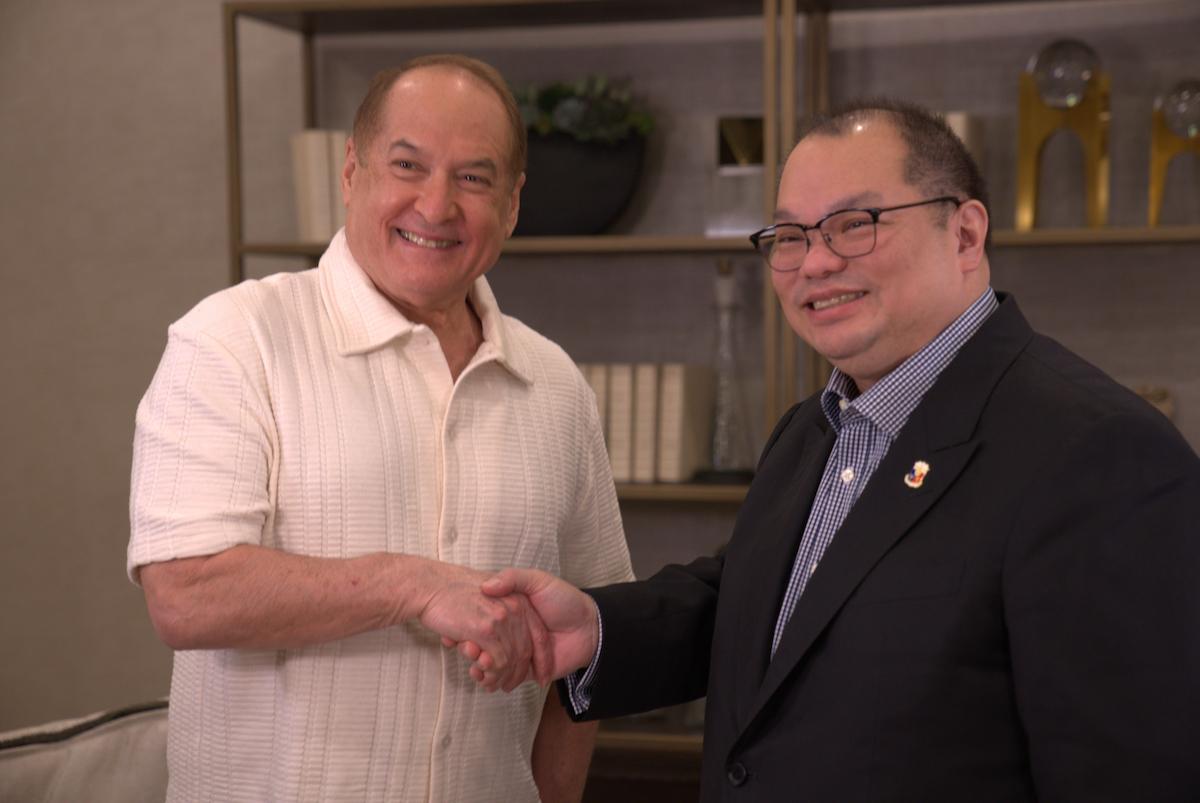LAST week, President Obama urged Speaker of the House John Boehner to bring immigration reform to a vote this summer, or expect more administrative liberalization of Federal immigration policy. It seem like that call has fallen on deaf ears. US House of Representatives has ignored a call to pass immigration reform over the past two years, opting to politicize the issue. As a result, the Boehner-led House has done absolutely NOTHING, even as the Senate passed its Comprehensive Reform Bill, S. 744, last year. In the meantime, the Obama Administration has taken several initiatives to dislodge the log-jammed legal immigration process for thousands of people, including the Provisional Waiver Program.
As of March 4, 2013 certain people in the US who are ineligible to adjust status and who may otherwise be eligible for an immigrant visa but for the “unlawful presence” bar to admission, may apply for a Provisional unlawful presence waiver while still in the United States.
The Provisional Waiver process is for certain individuals who seek a waiver of inadmissibility only for “unlawful presence” also known as the “3 and 10 year” bars. These applicants can now apply for a provisional unlawful presence waiver while still in the United States and before departing for their immigrant visa interview at a US Embassy or Consulate abroad. Under the current process, which continues to remain in effect, immediate relatives of US citizens who are not eligible to adjust status in the United States have to travel abroad and be found inadmissible at their immigrant visa interview before they can apply for an inadmissibility waiver.
In 1996, Congress overhauled the Immigration & Nationality Act (“INA”) by adding many new grounds of inadmissibility to and removability from the United States. Among the more controversial grounds of inadmissibility was the 3 year bar from admission for any person who has previously been “unlawfully present” in the US for a period in excess of 180 days, and a 10-year bar if unlawfully present for 1 year or more. Departure after accruing the requisite period of unlawful presence triggers the bar from readmission, such that persons who are eligible to adjust status in the US, even after having accrued lengthy periods of unlawful presence, are not subject to the bar.
Immigration Reform seems unlikely in 2014. The Provisional Waiver procedure is available now, but only to only Spouses of US Citizens, petitioned as an immediate relative. The applicant must demonstrate that refusal of his admission would result in “extreme hardship” to his US Citizen spouse and/or Citizen or Green Card Holder parent. In order to obtain a provisional unlawful presence waiver, the applicant must be an immediate relative of a US citizen, inadmissible only due to “unlawful presence,” and demonstrate the denial of the waiver would result in extreme hardship to his or her US citizen spouse or parent. Immediate relatives must still depart the United States for the consular immigrant visa process; however, they can apply for a provisional waiver before they depart for their immigrant visa interview abroad.
* * *
Daniel P. Hanlon is a California State Bar Certified Specialist in Immigration and Nationality Law and a principal of Hanlon Law Group, PC, located at 225 S. Lake Ave., 11th Floor in Pasadena, California; Tel. No. (626) 585-8005. Hanlon Law Group, PC is a “full-service Immigration Law firm.” E-mail: [email protected] and www.hanlonlawgroup.com.





